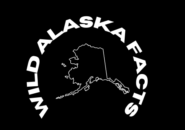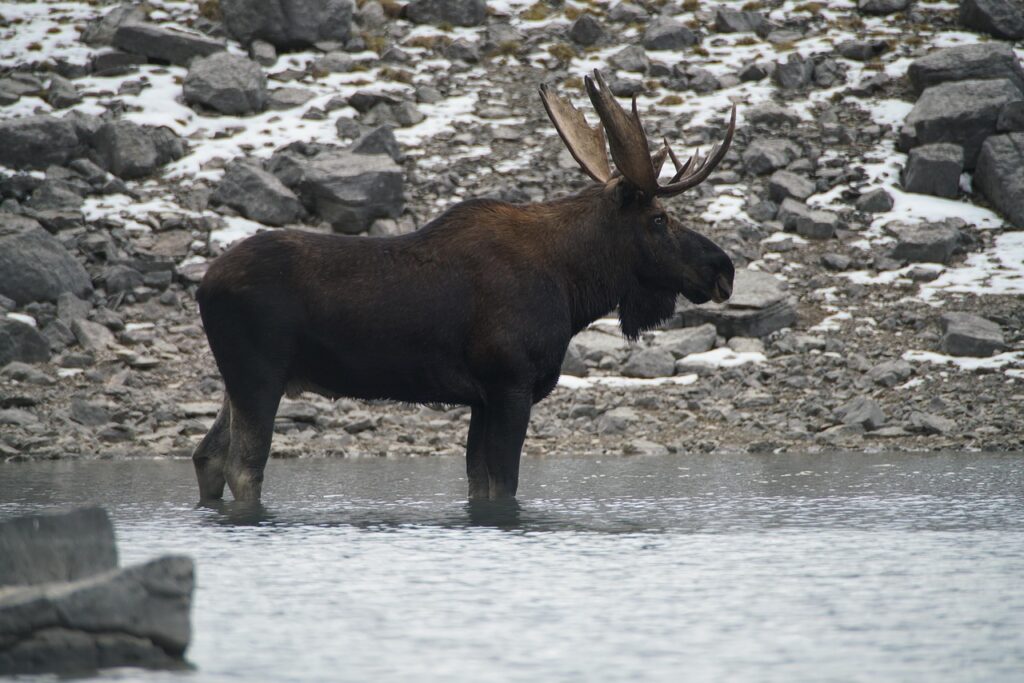Introduction
Welcome to our comprehensive guide on moose hunting, where we provide valuable insights, tips, and techniques to ensure your success in this thrilling outdoor pursuit. Whether you are an experienced hunter or a beginner, this article is your go-to resource for mastering the art of moose hunting. We will cover various aspects, including equipment selection, scouting, hunting strategies, and ethical considerations.
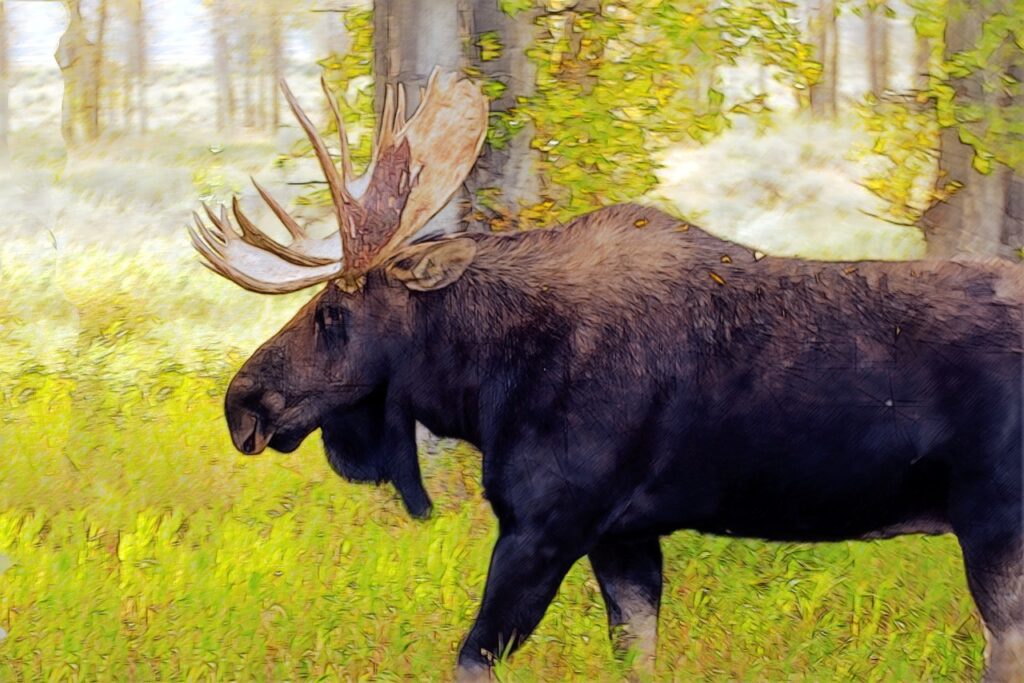
Understanding Moose Behavior
Before diving into the specifics of moose hunting, it is crucial to have a solid understanding of moose behavior. Moose are majestic creatures that inhabit diverse ecosystems, and comprehending their behavior patterns can significantly enhance your chances of a successful hunt.
Moose are generally solitary animals, except during the mating season. They are most active during dawn and dusk, feeding on a variety of vegetation such as aquatic plants, twigs, and leaves. During summer, moose tend to stay near water sources to cool down and protect themselves from pesky insects. In winter, they are known to migrate to lower elevations, seeking shelter and food.
Choosing the Right Equipment
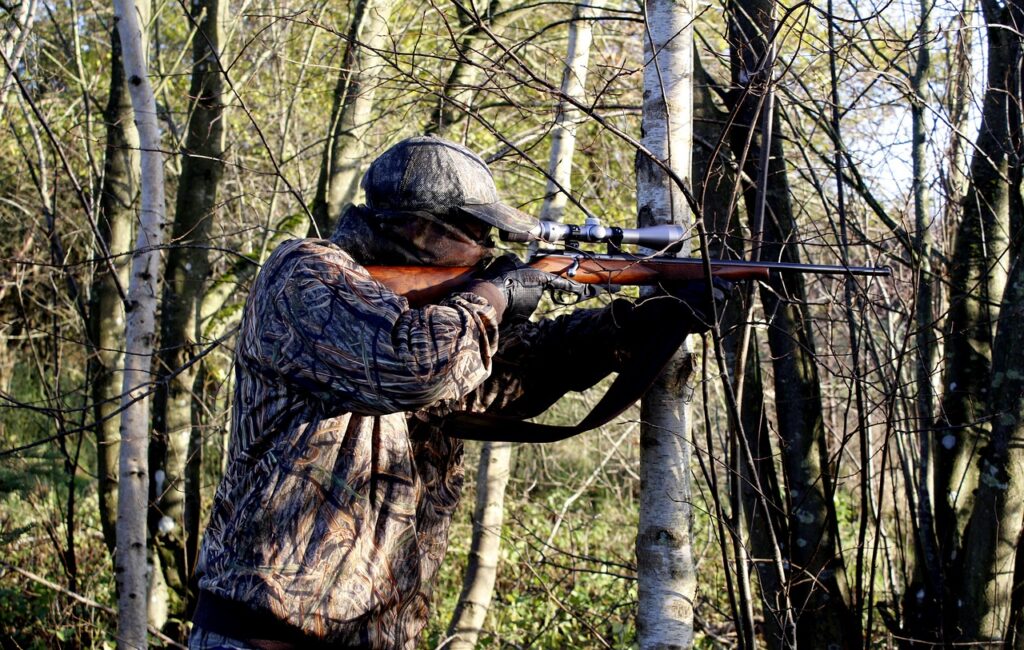
Having the appropriate gear is paramount for a successful moose hunting expedition. Here are some essential equipment recommendations:
1. Firearms
When it comes to firearms, a high-powered rifle chambered for a large caliber, such as .30-06 Springfield or .300 Winchester Magnum, is ideal for moose hunting. Ensure your rifle is accurate and reliable, and practice your shooting skills regularly to improve accuracy and confidence.
2. Optics
Investing in quality optics, such as binoculars and spotting scopes, is crucial for spotting moose from a distance. Look for optics with excellent light-gathering capabilities and a wide field of view to maximize your chances of locating game.
3. Clothing and Gear
Opt for camouflage clothing that matches the natural environment, allowing you to blend in effectively. Additionally, pack essential items such as a sturdy backpack, waterproof boots, a field dressing kit, a GPS device, and a reliable compass.
Scouting and Location Strategies
Successful moose hunting heavily relies on effective scouting and selecting the right locations. Here are some strategies to consider:
1. Research and Maps
Conduct thorough research on moose habitats and study topographic maps of your hunting area. Look for areas with abundant food sources, water bodies, and dense cover that moose prefer for bedding.
2. Preseason Scouting
Visit your hunting area during preseason to scout for moose signs, such as tracks, droppings, rubs, and wallows. This reconnaissance will help you identify active areas and determine where to focus your hunting efforts.
3. Calling Techniques
Mastering moose calling techniques can significantly improve your chances of attracting a bull moose. Learn different calls, such as cow calls and bull grunts, and practice to achieve realistic and convincing sounds.
Ethical Considerations and Conservation
As responsible hunters, it is our duty to prioritize ethical considerations and contribute to the conservation of wildlife. Here are some key principles to abide by:
1. Follow Hunting Regulations
Familiarize yourself with local hunting regulations and strictly adhere to them. Respect hunting seasons, bag limits, and any restrictions imposed to protect wildlife populations.
2. Respect the Animal
Treat the moose with the utmost respect and dignity. Ensure quick and ethical kills by practicing accurate shooting and utilizing proper ammunition for humane results.
3. Leave No Trace
Always practice Leave No Trace principles by minimizing your impact on the environment. Pack out all your trash, respect wildlife habitats, and avoid damaging natural resources.
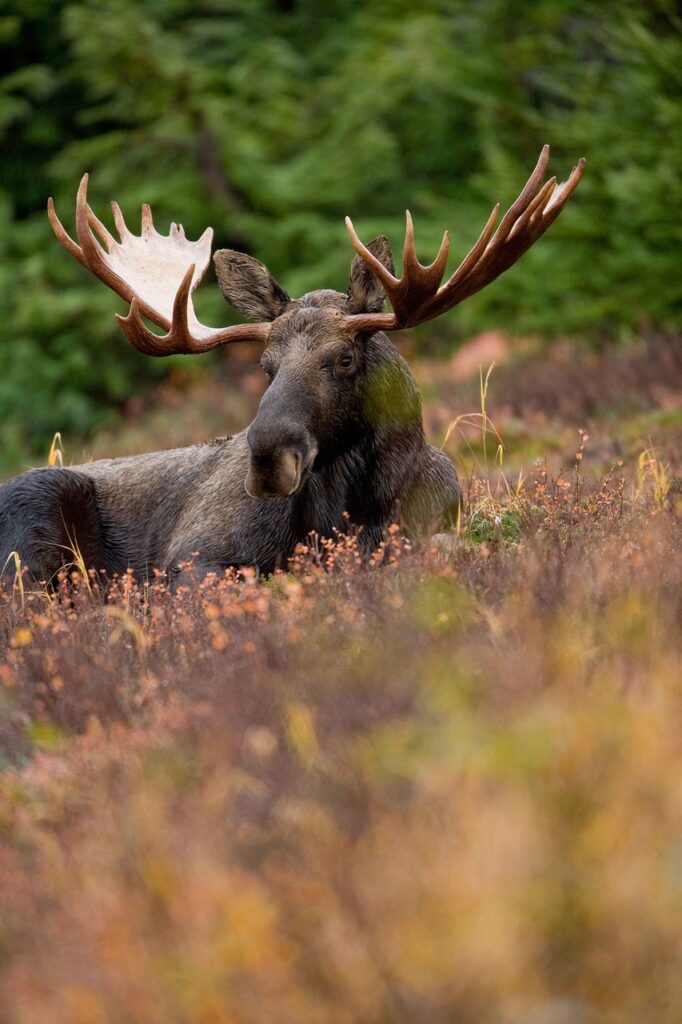
Conclusion
In conclusion, moose hunting is an exhilarating pursuit that requires careful preparation, knowledge, and skill. By understanding moose behavior, selecting the right equipment, scouting effectively, and prioritizing ethical considerations, you can increase your chances of a successful and fulfilling hunt.
Remember, moose hunting is not only about the harvest but also about immersing yourself in nature, appreciating the wilderness, and contributing to wildlife conservation. So equip yourself with the right knowledge, hone your skills, and embark on an unforgettable moose hunting adventure.
